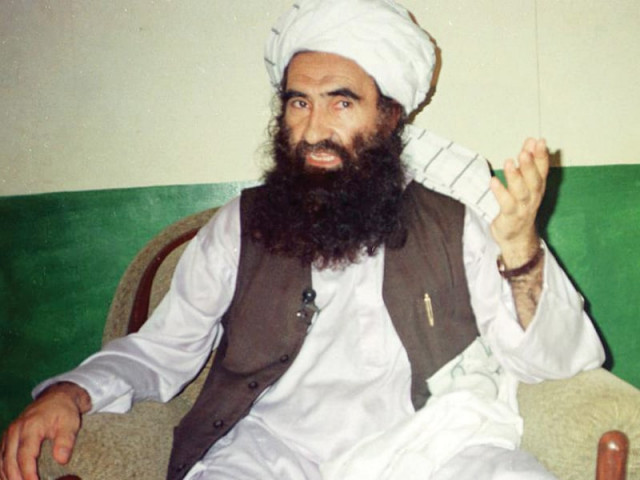Time for some hard decisions
Instead of aaccting hyper-nationalistic, we need to assess the situation calmly and do what’s best for the nation.

Time for some hard decisions
A spate of reports has appeared of late in the western press, which, from the point of view of the Americans, would seem to buttress the case against Pakistan. Most allege that the Haqqanis are behind most of the attacks on US targets in Afghanistan. In the face of these clear signs from the US, Pakistan has been cautious, which is the correct posture. This however doesn’t stop the jingoists among the media and the retired bureaucratic community from advising Pakistan to stand up on its hind legs and pay the US back in kind. References are being made in Pakistan to America as an imperial hegemon which has been despoiling other states, starting with Vietnam and ending with Iraq and Afghanistan. This kind of rhetoric is misplaced because the question everyone has to answer next is: knowing all this, why did Pakistan become a strategic partner of the hegemon? Since this question can’t be answered — condemnation of past rulers of Pakistan will not do — let us focus on our internal weaknesses and approach the crisis realistically.
Also, quite crucially, we need to realise that regardless of what the reality on the ground may be, whether the Haqqanis are acting independently or what have you, the fact of the matter is that what Pakistan says in its defence is no longer being believed in foreign capitals. It doesn’t matter if the Foreign Office comes out with statements, as it did on September 20, the point is that no one abroad is ready to believe much of what we are saying. So instead of trying to beat our chests and act hyper-nationalistic we need to assess the situation calmly and do what’s best for the nation. We need to ask ourselves whether providing sanctuary to the Haqqanis is worth all of this. Is it worth jeopardising civilian aid, or in fact all aid, from a country that also happens to be our largest trading partner? And let’s be clear, the military has as much, if not more, to lose compared to civilian institutions if the aid pipeline dries up completely. At the same time, we can try and tell the Americans that they cannot, and should not, blame Pakistan for all their failures in Afghanistan.
As a backgrounder to these very serious allegations, this all started last year in June when a field research paper presented at the Carr Centre for Human Rights Policy at Harvard University’s Kennedy School of Government contained the following: “Directly or indirectly the ISI appears to exert significant influence on the strategic decision-making and field operations of the Taliban; and has even greater sway over Haqqani insurgents. According to both Taliban and Haqqani commanders, it controls the most violent insurgent units, some of which appear to be based in Pakistan. Insurgent commanders confirmed that the ISI are even represented, as participants or observers, on the Taliban supreme leadership council, known as the Quetta Shura, and the Haqqani command council.”
This is the time to act without passion, and delay as far as possible the unpredictable and possibly dire consequences of starting a new phase with America and its western allies. This is also the time to take decisions that benefit the people of Pakistan and not a particular vested interest or group.
Published in The Express Tribune, September 24th, 2011.



















COMMENTS
Comments are moderated and generally will be posted if they are on-topic and not abusive.
For more information, please see our Comments FAQ